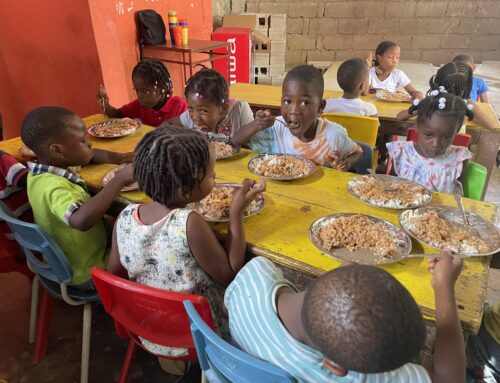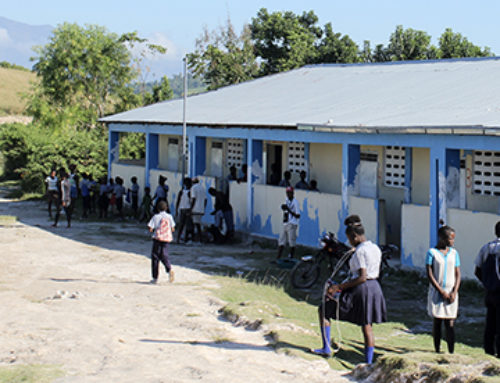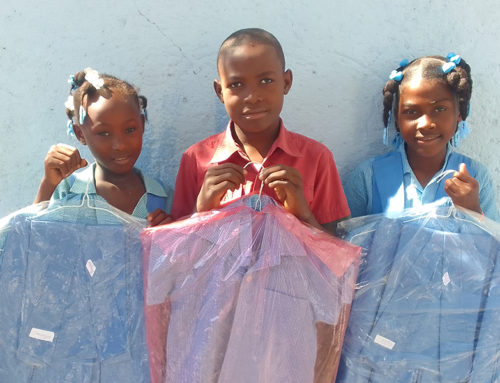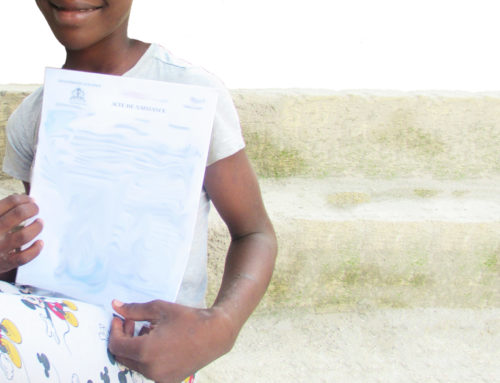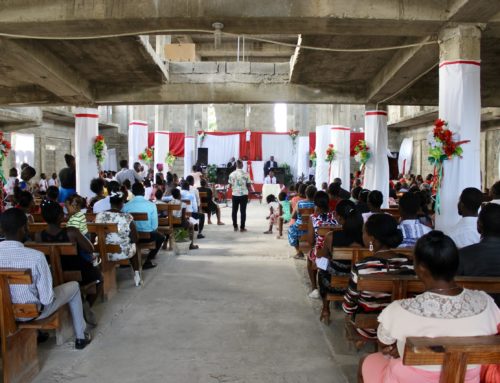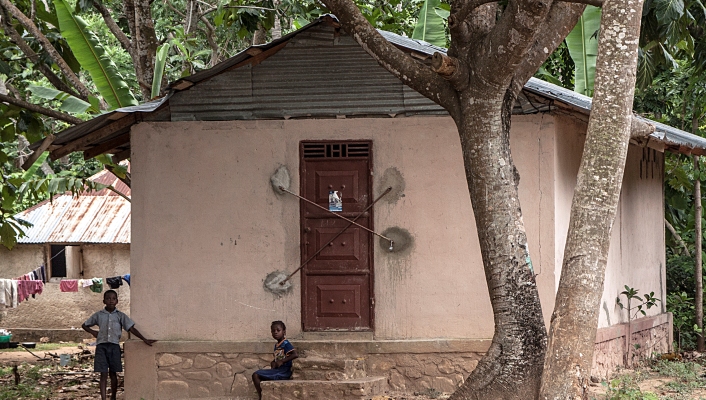
by Jean Osbert Victor, Child advocate
In Haiti, poverty drives parents from poor rural areas to give their children to a relative or a stranger in the city in the hope of a better life and future. In reality, the children become restavek – slaves in their new home, working long hours to perform domestic tasks for no pay. In most homes, they are neglected, living in isolation, eating from leftovers, sleeping on rags, often impeded to attend school; and sometimes abused.
Restavek Freedom aims at putting an end to this system and implements a comprehensive advocacy program for the children. As child advocates, we are in regular contact with the children, their school and their host families to ensure we fully understand their situation and work towards improving it.
The importance of visiting the home of a child in restavek
Home visits are an important part of our work. They allow us not only to know where a child in restavek lives, but also to talk with their host parents and plead for better treatment.
Visiting their homes make us realize how far some of these children live from their schools and what sacrifices they have to make to go to school every day. When is it is so hard for me to walk the long distance to their home, I can only imagine how much more tiresome and difficult it is for these children who have to take this path every day.
Last week, it took me almost two hours to get to one of these kids’ homes. It is hard to believe that this boy has to walk such a long distance every day to and from school. He has a very poor and hard life, and over the past few months he missed several days of class because of his health. But in spite of all the difficulties he is going through, he is a brilliant student who has always succeeded; that’s why the school principal and his teachers pay particular attention to him, always praising and encouraging him.
Showing that someone cares
Above all, visiting children in restavek’s homes shows them that someone cares. It reinforces the child’s self-confidence by seeing how they are taken into consideration and how they are valued. It also makes the host parents see that the child has someone with an eye on him/her, making them less inclined to mistreat them.
As a child advocate, these home visits allow me to better understand the child’s living conditions and the difficulties he/she faces, helping develop the right answer to their situation. But more importantly, it gives me a strong incentive to work at my best to see their situation improve.
If you want to know more and support our child advocacy program, please visit Restavekfreedom.org



